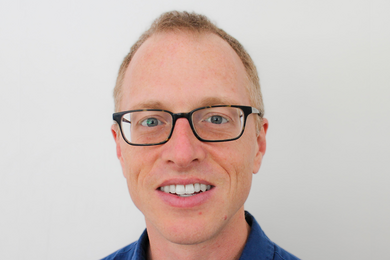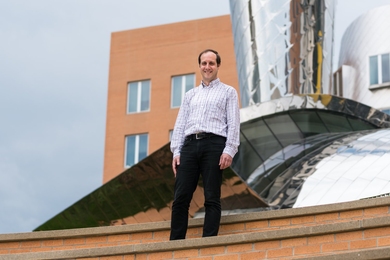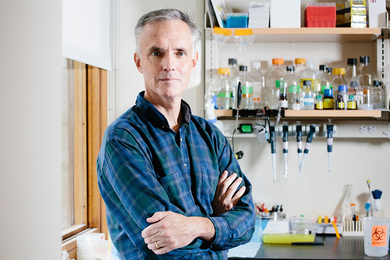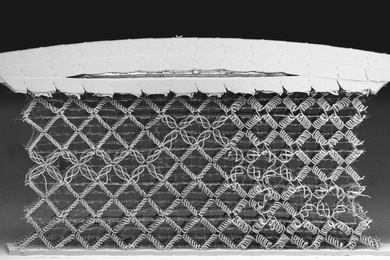Engineering Systems Division alumna Lynette Cheah SM '08, PhD '10 and her team won the inaugural Singapore Challenge Prize at the first ever Global Young Scientists Summit@one-north (GYSS@one-north), a prestigious international conference held in Singapore.
Cheah, a research scientist at the Agency for Science, Technology and Research (A*STAR), was presented with a special medallion by Singapore's President Tony Tan and was awarded $100,000 to pursue her research.
The 10 finalists of the competition, which was themed “Innovations for Future Cities," presented to a panel of judges innovative ideas addressing sustainability challenges faced by global cities.
Cheah’s research proposal was to build a dynamic, adaptive transportation network that would shift commuters’ travel modes in response to real-time feedback. In this network, taxis would converge at places with predicted high demand, shuttle buses would have reconfigurable routes, and taxi and car commuters would share rides. Bus and train frequencies would be automatically adjusted, and flexible traffic signals would change their timings according to traffic counts.
Cheah's team included Francisco Pereira, senior research scientist for Singapore-MIT Alliance’s Future of Urban Mobility Group; Erik Wilhelm, a postdoctoral fellow at Singapore University of Technology and Design (SUTD); Jeff McAulay, program manager for Fraunhofer USA Center for Sustainable Energy Systems; and Don MacKenzie and Stephen Zoepf, two ESD PhD candidates at MIT.
Cheah, a research scientist at the Agency for Science, Technology and Research (A*STAR), was presented with a special medallion by Singapore's President Tony Tan and was awarded $100,000 to pursue her research.
The 10 finalists of the competition, which was themed “Innovations for Future Cities," presented to a panel of judges innovative ideas addressing sustainability challenges faced by global cities.
Cheah’s research proposal was to build a dynamic, adaptive transportation network that would shift commuters’ travel modes in response to real-time feedback. In this network, taxis would converge at places with predicted high demand, shuttle buses would have reconfigurable routes, and taxi and car commuters would share rides. Bus and train frequencies would be automatically adjusted, and flexible traffic signals would change their timings according to traffic counts.
Cheah's team included Francisco Pereira, senior research scientist for Singapore-MIT Alliance’s Future of Urban Mobility Group; Erik Wilhelm, a postdoctoral fellow at Singapore University of Technology and Design (SUTD); Jeff McAulay, program manager for Fraunhofer USA Center for Sustainable Energy Systems; and Don MacKenzie and Stephen Zoepf, two ESD PhD candidates at MIT.





